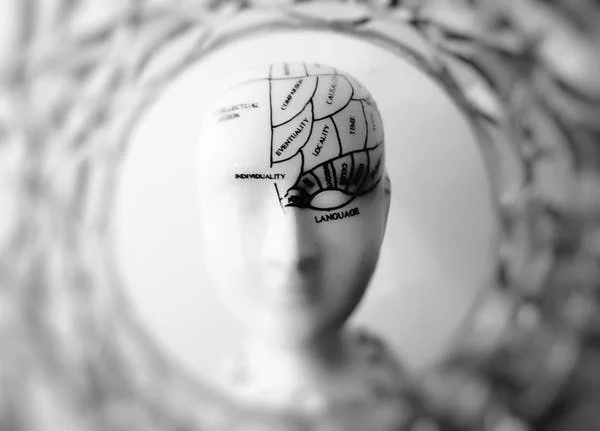7 Tips to Reduce Cognitive overload for Learners

In everyday life, we all run into cognitive overload. We often feel like there’s more to life than just us, our problems and how we’re supposed to think. Cognitive overload for learners can lead to feelings of inefficiency and mental confusion rather than clarity, self-awareness and insight.
It also interferes with learning and memory so you don’t have the memory skills you need to tackle more complex problems. Fortunately, there are ways to reduce cognitive overload for learners!
So if you spend a lot of time thinking about things or feeling overwhelmed at work or school, this article may help! Read on for some tips on how to reduce cognitive overload for learners.
Also see: Online Learning Fatigue: 7 ways to Overcome Stress in eLearning
What is Cognitive Overload?
Cognition is the study of mental capability. Mental capability is the ability to reason, solve problems, make choices and make adjustments, among many other skills. Cognition is tied to a lot of different organs and glands in the body. The brain is made up of about 60% cognitive neuroscience and 20% emotional neuroscience.
Cognition has been called “the brain’s money market” because of the way that it interacts with other brain cells. Think of it like this: If you put money in the bank every month and then never take out your mortgage, you have significantly less money in the bank than if you put in a single monthly payment every time you’re late with your monthly payment.
You can also think of cognitive neuroscience as the “brain’s cash register” because it allows us to record information, produce chemicals (neurotics) and express emotions (emotional gels).
Why is Cognitive Overload Important?
Cognitive overload is the feeling of overthinking and putting pressure on yourself. It can also be called “overthinking the problem” and is a common precursor to mental illness. It can also occur in people with a learning disability who may struggle to stop processing information and make decisions because they are overthinking the problem and can’t seem to process new information.
Causes of Cognitive Overload
- Information Intensity
- Stressful Learning Environment
- Lackluster Presentation
- External Disturbances
- Lack of Context and Extraneous Content
Tips to Reduce Cognitive Overload for Learners
- Focus on what you can control: Learning is a process, and when you try to control everything in your life, you could wind up with a lot of problems when you’re trying to solve problems for others.
- Learn to prioritize: It’s easy to get overwhelmed when you don’t have a clear-cut “to-do” list. It’s also easy to forget because everything is happening in such a wide scope that you can’t seem to keep track of everything.
- Try to be organized: People with anxiety disorders often have trouble maintaining order in their thoughts and making decisions. Rushing things can cause problems for everyone. People with anxiety disorders often have trouble maintaining order in their thoughts and making decisions. Rushing things can cause problems for everyone.
- Try to be flexible and adaptable: Not everything has to be done in one sitting or in one day. You can take a walk, talk to a friend or go to a museum with your team.
- Don’t expect everything to be perfect: Some things are simply not meant to be. Your body, your emotions, and your role in the world will all determine how exhausting it is to do everything you’re supposed to do. Accept that you may not be able to do everything you set out to do in one day.
- Be consistent: It’s okay to feel overwhelmed or confused when you don’t know what to do! It’s normal. You just need to be aware of it and take some comfort in the fact that you’re not the only one feeling it too.
- Set benchmarks: This will help you stay on track and reduce cognitive overload for learners. Whether you’re working on a certain skill or planning a special event, try to set goals that you can achieve with enough “what” to “when” to “how” to do it so that you can’t misread the signs and feel satisfied with the outcome.
Conclusion
Cognition is a curious organ made up of many Cambridge brain images showing different stages of cognitive ability, 1954 University of Chicago Medical Dictionary A frame of reference. There are many different stages of cognitive ability and learning. Everyone has different challenges and needs.
Strong cognitive skills help you achieve success in a wide range of areas of life, like schoolwork, work, and life as a whole. Having a learning disability can make you nervous and confused, especially when you’re trying to solve problems for others. It can also make you want to cower in a corner and avoid eye contact with other people.
Fortunately, there are ways to reduce cognitive overload for learners. Start small and apply these tips as you work through your day and you’ll find that the more you control, the easier it will be to overcome cognitive overload for learners!






